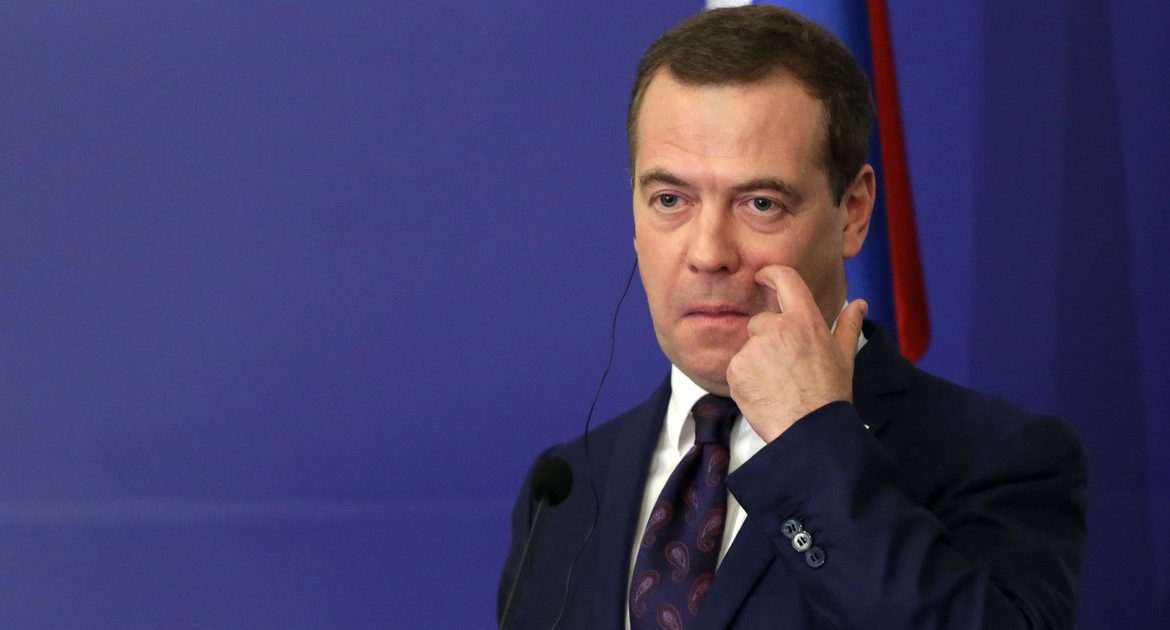A friend of the Russian dictator predicts hard times for the West. “The energy crisis will intensify in those countries that have imposed sanctions on the supply of Russian energy tankers, the prices of fossil fuels will rise, and the development of the digital economy in the world will slow down,” wrote a friend of Vladimir Putin.
“What will happen next, that is, the world after the anti-Russian sanctions (not at all expected)” – this is how Dmitry Medvedev described his entry on Telegram.
An important politician draws a shocking scenario! He knows who will betray Putin
Dmitry Medvedev predicts famine ‘in individual countries’
The ex-president of Russia predicts troubled times for Western societies. He declared that “a number of global supply chains for goods will collapse, and a serious logistical crisis is possible, including the collapse of the activities of foreign airlines prohibited from flying over Russia.”
Medvedev argues that the energy crisis will intensify in those countries that have imposed sanctions on the supply of Russian energy carriers. “Fossil fuel prices will rise and the development of the digital economy in the world will slow,” he said.
It also predicts hunger “in individual countries”.
Medvedev: “Terrorists are more and more active. Western interest is focused on the game with Russia”
An advocate from the Russian dictator argues that the West will have a growing problem with terrorists.
“The terrorists are becoming more active, believing that the attention of the Western authorities is now focused on the game with Russia,” he wrote.
Dmitry Medvedev wrote: “New regional armed conflicts will arise where the situation has not been resolved peacefully for many years or where the vital interests of the main international players are ignored.”
He also predicts new epidemics, according to him, “caused by the refusal of sincere international cooperation in the sanitary and epidemiological field or by the direct facts of the use of biological weapons.”
Vladimir Putin’s aide wrote: “There will be a decline in the activity of international institutions that have not been able to prove their effectiveness in the process of regularizing the situation in Ukraine, such as the Council of Europe.”
“There will be new international alliances between countries based on pragmatic, not ideological, criteria,” he added.







